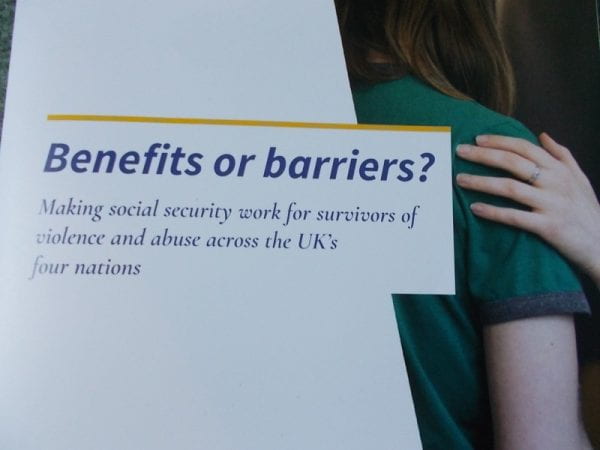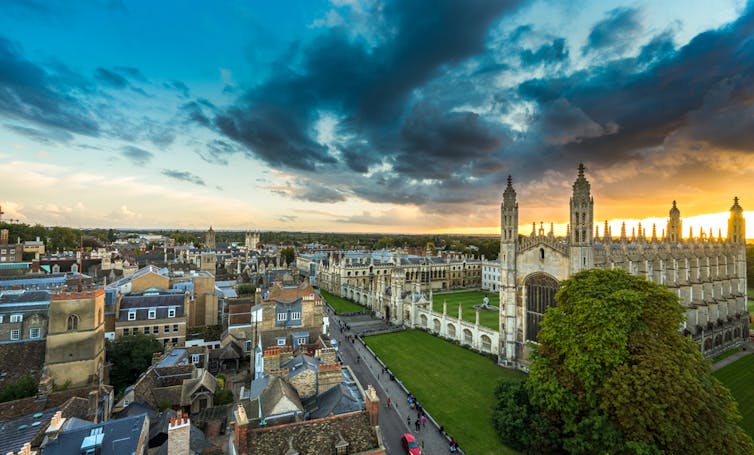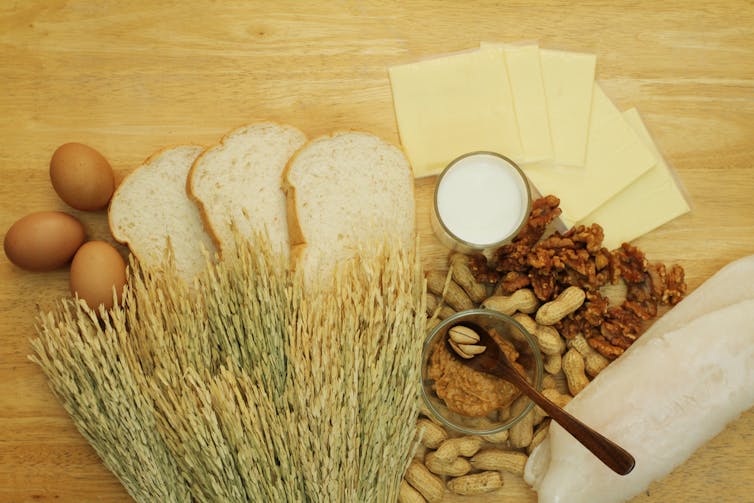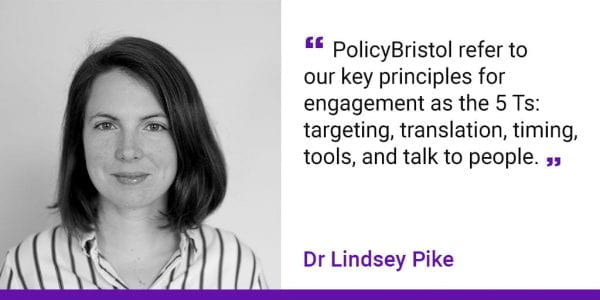 Introducing a new learning resource for creating inclusive care home environments for older LGBT+ residents.
Introducing a new learning resource for creating inclusive care home environments for older LGBT+ residents.
By Dr Wenjing Zhang and Dr Paul Willis, School for Policy Studies, University of Bristol.
17th May 2019 marks IDAHOT Day – International Day Against Homophobia, Biphobia and Transphobia. This is a significant day for a number of reasons. For LGBT+ groups and organisations it’s about recognising and speaking out against the violence and discrimination experienced by lesbian, gay, bisexual, transgender and intersex people and all other people who belong to sexual and gender minority groups around the world. Continue reading →






 Introducing a new learning resource for creating inclusive care home environments for older LGBT+ residents.
Introducing a new learning resource for creating inclusive care home environments for older LGBT+ residents.



